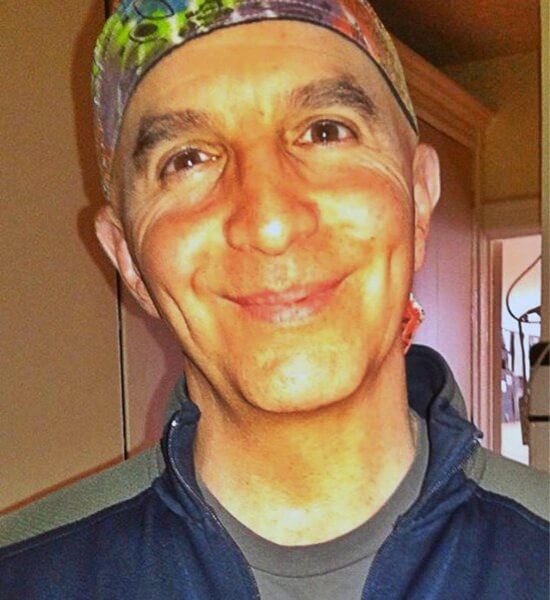By Bill Parry
Mickey Zezima wasn’t surprised when the city’s Department of Homeless Services announced last week that the number of homeless people on the street has increased 39 percent in the last year.
The lifelong Astoria resident sees it with his own eyes all of the time.
“Yes, I have seen a steady increase just by walking around during the last nine months,” Zezima said. “Anyone can see the numbers are exploding. All you have to do is open your eyes.”
Zezima, who goes by the name MickeyZ on the streets, is on a one-man mission to help as many homeless women on the street as he can by approaching them cautiously with care packages that contain hand sanitizers, tampons and pads, foot and hand warmers, toothbrushes and toothpaste, Q-tips and Band-aids. He brings them food as well, and in the winter, warm clothing, including gloves, hats and scarves.
“I’d love to do even more, but the bottom line is I can’t afford to fund this all on my own. I need help,” Zezima said. “The only way I can keep this project going is with the financial help from other New Yorkers who believe in what I’m doing. I tell people all the time: I’m more than willing to do the grunt work if others can either fund me or donate material supplies.”
To keep his Helping Homeless Women — NYC project growing, Zezima launched a GoFundMe page over the winter to not only raise monetary and material donations, but to inspire others to get more active in whatever way they can to combat the homeless crisis that is so hard on women.
“As a recovering activist who took part in Occupy Wall Street and Black Lives Matter, everybody is holding signs, chanting slogans and taking selfies for social media, but nothing ever got accomplished,” Zezima said. “I know that being out on the street helping homeless women is where I should be.”
The professional trainer and writer became keenly aware of his privilege as a white man working for Street News, which was sold by homeless people in the subways. Zezima learned that women have a harder time on the streets than men.
“You can’t walk a block now without seeing homeless men, but you never see homeless women,” he said. “The homeless women are virtually invisible. However, you have to look for them.”
Many are victims of domestic abuse that caused them to be homeless in the first place, according to Zezima, and they must be approached cautiously until there is a comfort level established.
“It’s a real blessing to be trusted by them,” he said. “Many are downright terrified about living in homeless shelters. The fact that human beings choose to be on the streets in conditions including severe cold and heat tells you how horrendous these shelters are and anyone who deals with the homeless will tell you the same stories. Their fears are real and there has got to be a better, safer, shelter system.”
Mayor Bill de Blasio promised such a system in February with the release of a 114-page report called “Turning the Tide of Homelessness,” which proposes opening 90 new borough-based shelters in the next five years.
Until a better system is up and running, the homeless will remain on the street, according to Zezima.
“Instead of waiting for the city to fix the system, there are some steps we can take, ourselves, to help,” he said. “I want to encourage people to get involved, but some people don’t know where and how to help, or what their skill sets are that would enable them to help these homeless women. That’s where I come in, and the work I’m doing is making a positive change for the women I help. Altruism makes you feel good, but I can’t do this alone.”
For more information, or to make a donation, visit Zezima’s GoFundMe page at bit.ly/
Reach reporter Bill Parry by e-mail at bparr































